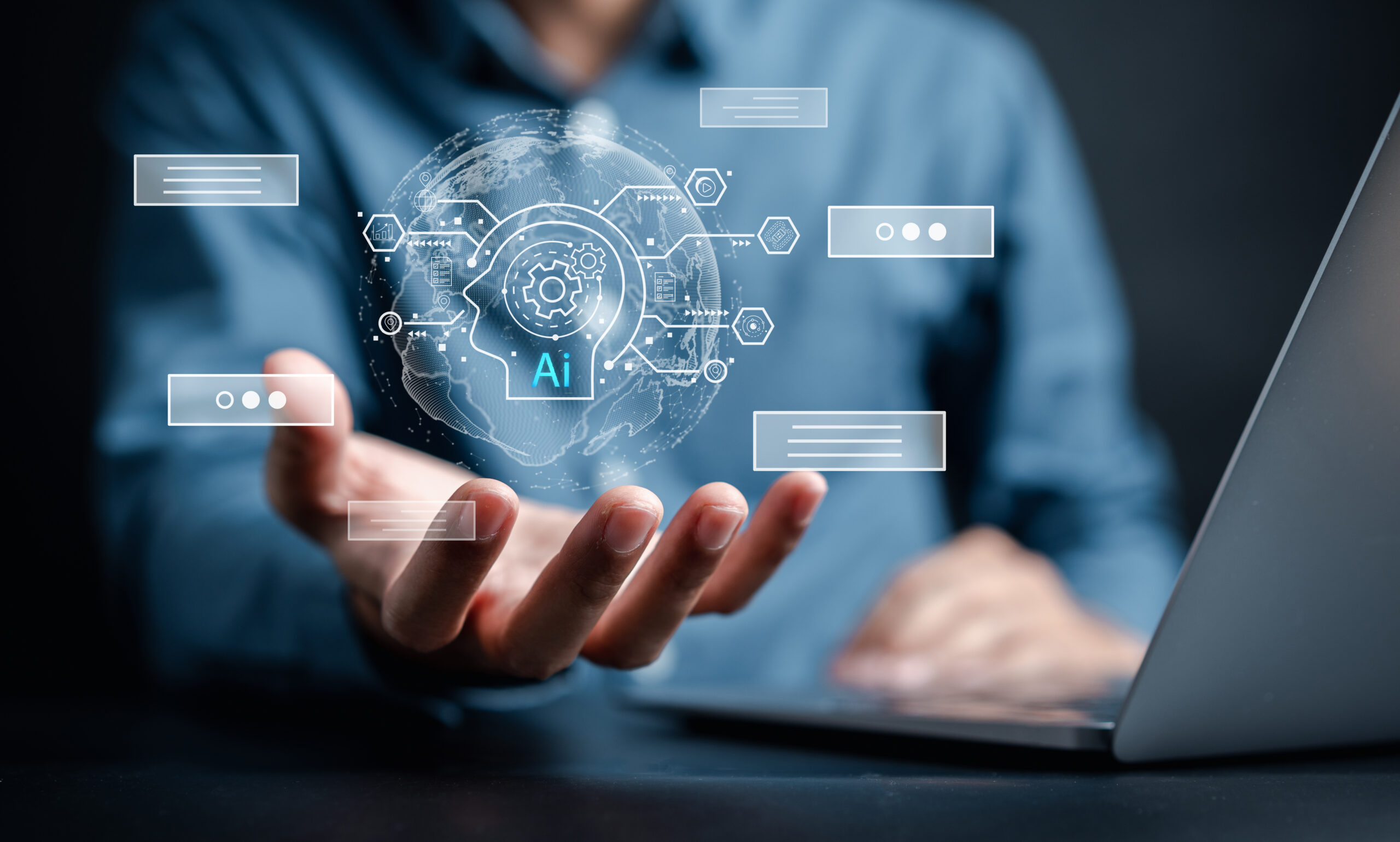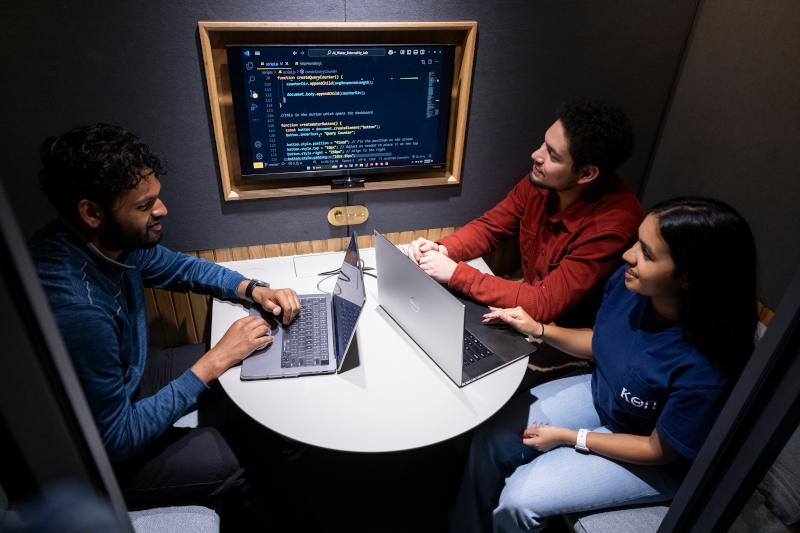Artificial Intelligence (AI) is commonly known to have entered our collective attention through a 1956 summer workshop. Over the years, it has been defined in various ways beginning with early definitions of AI as a system that thinks and acts like a human to later definitions that relate AI to an ideal concept of intelligence. The latter definitions define AI as a system that thinks and acts rationally, where rationality refers to doing the right thing given what it knows. A common denominator is that AI systems can perform tasks that typically require human intelligence, such as visual perception, speech recognition, decision-making and language translation.
In simpler terms, AI is about creating computer systems that can do things that normally require human intelligence and seek to do it better. Examples include virtual assistants like Siri or Alexa, recommendation systems on Netflix or Amazon, and even self-driving cars.
Machine learning is a method within AI that uses algorithms and statistical models to enable machines to improve their performance on a task through experience. Instead of being explicitly programmed to perform a task, machine learning systems learn from data.
For example, when you use a streaming service like Netflix, the recommendations you get are powered by machine learning algorithms that learn from your viewing history and preferences to suggest shows and movies you might like.
AI can be categorized into two main types:
- Narrow AI: This type of AI is designed to perform a specific task, such as virtual assistants like Siri or Alexa, or recommendation systems used by Netflix and Amazon.
- General AI: This is a more advanced form of AI that can understand, learn and apply knowledge across a wide range of tasks, much like a human. However, this level of AI is still largely theoretical.
AI has a wide range of applications across various industries. Here are some notable examples:
- Healthcare: AI is used for diagnosing diseases, predicting patient outcomes, personalizing treatment plans and even assisting in surgeries with robotic systems.
- Finance: AI helps in fraud detection, algorithmic trading, credit scoring and personalized financial advice.
- Automotive: AI powers self-driving cars, enhances driver assistance systems and improves traffic management.
- Retail: AI is used for inventory management, personalized shopping experiences and customer service through chatbots.
- Entertainment: AI recommends movies, music and shows based on user preferences, and is used in creating realistic animations and special effects.
- Manufacturing: AI optimizes production processes, predicts maintenance needs and improves quality control.
- Education: AI provides personalized learning experiences, automates administrative tasks and offers intelligent tutoring systems.
- Agriculture: AI helps in precision farming, crop monitoring and predicting weather patterns to optimize yields.
- Customer Service: AI chatbots and virtual assistants handle customer inquiries, provide support and improve overall customer experience.
- Energy: AI optimizes energy consumption, predicts equipment failures and manages smart grids.



